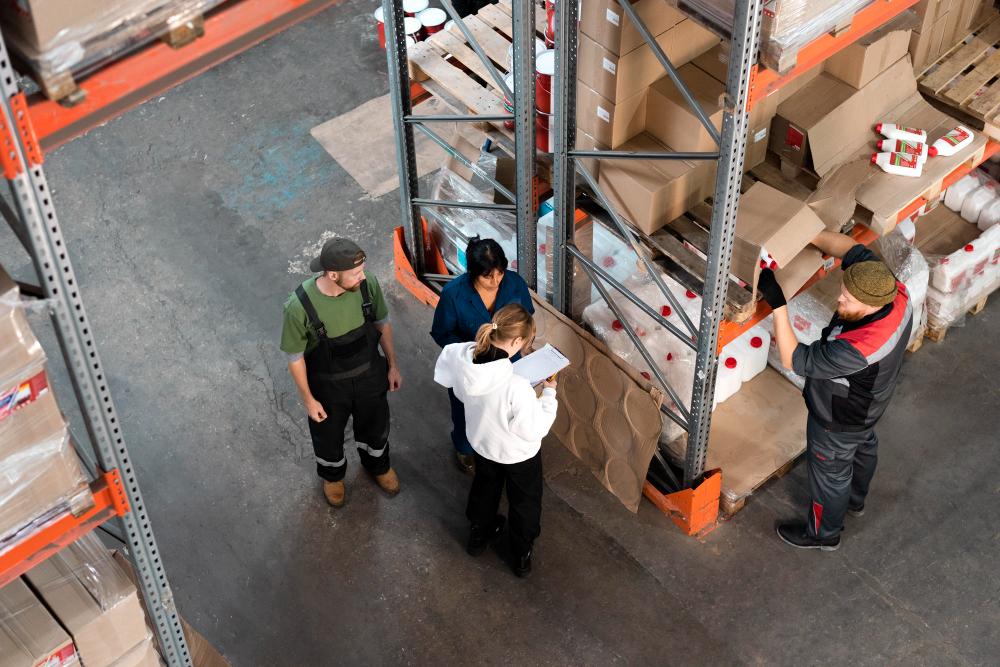Top Advantages of Using a Bonded Warehouse in Trade

In the complex world of international trade and logistics, businesses continually seek ways to streamline operations, reduce costs, and manage inventory more efficiently. One critical component that supports these goals is the bonded warehouse, a powerful tool for importers, exporters, and third-party logistics providers alike.
What Is a Bonded Warehouse?
A bonded warehouse is a secure storage facility authorized by customs authorities, where imported goods can be stored without immediately paying customs duties or taxes. Duties are only paid when the goods are withdrawn for domestic consumption or sale. Alternatively, if the goods are re-exported, no duties may be payable at all.
Key Features of Bonded Warehousing
-
Duty Deferment: Importers can delay paying customs duties until goods are sold or removed from the warehouse.
-
Secure Storage: These facilities are tightly regulated and monitored by customs, offering high security for valuable goods.
-
Inventory Flexibility: Businesses can store goods for extended periods (up to 5 years in some countries) while waiting for better market conditions or compliance clearance.
-
Repackaging & Labeling: Goods can often be repackaged, labeled, or inspected while still in the warehouse, without attracting duty.
Who Benefits from Bonded Warehouses?
-
Importers: Delay in duty payments helps in better cash flow management.
-
Exporters: Store goods closer to international markets for faster dispatch.
-
E-commerce Businesses: Scale operations globally while reducing tax liabilities.
-
Manufacturers: Hold raw materials or semi-finished products duty-free until needed for production.
Types of Bonded Warehouses
-
Private Bonded Warehouses: Operated by businesses for their own use, often within or near their production facilities.
-
Public Bonded Warehouses: Open to multiple importers/exporters and managed by third-party logistics providers.
Key Advantages of Using a Bonded Warehouse
-
Cost Efficiency: Delays customs duties, helping manage cash flow and reduce upfront costs.
-
Risk Management: Reduces exposure to market fluctuations by allowing goods to be held until demand or pricing improves.
-
Improved Supply Chain Control: Offers businesses more time and flexibility for distribution, compliance, and value-added services.
-
Simplified Re-exportation: Goods that are not intended for local sale can be stored duty-free and later shipped to another country.
Bonded vs. Non-Bonded Warehouses
| Feature | Bonded Warehouse | Non-Bonded Warehouse |
|---|---|---|
| Duty Payment | Deferred until release | Paid upon arrival |
| Customs Supervision | Yes | No |
| Storage Duration | Up to 5 years (varies) | Typically unrestricted |
| Use for Re-Export | Ideal | Less suitable |
Challenges to Consider
While bonded warehouses offer significant benefits, there are a few considerations:
-
Strict Compliance: Must meet customs requirements and record-keeping standards.
-
Limited Access: Goods may not be as easily accessible due to customs oversight.
-
Costs: Storage and administrative fees may apply, depending on the provider.
Conclusion
Bonded warehouses are a strategic asset in global supply chains, offering tax advantages, storage flexibility, and improved logistics management. Whether you’re an importer looking to defer duties, or an exporter seeking quicker access to foreign markets, bonded warehousing can provide a smart, compliant solution that drives efficiency and reduces costs.
- Art
- Causes
- Crafts
- Dance
- Drinks
- Film
- Fitness
- Food
- Jogos
- Gardening
- Health
- Início
- Literature
- Music
- Networking
- Outro
- Party
- Religion
- Shopping
- Sports
- Theater
- Wellness




